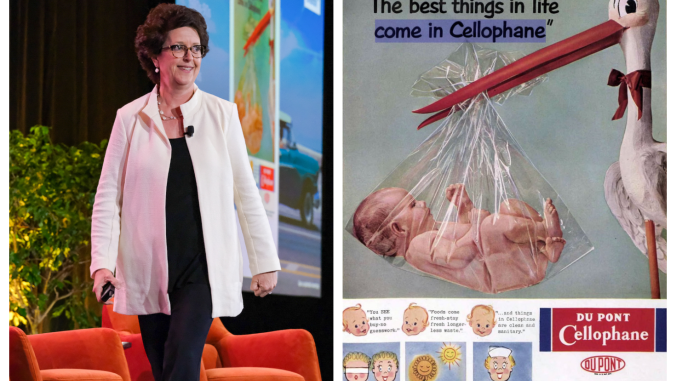A few stats in our ongoing Pulse data have troubled me for quite some time:
- 70 percent of people living in America say they feel moderately to very strongly responsible for changing their daily choices to positively affect the environment.
- 77 percent say the average person should be taking concrete steps to reduce their environmental impact (although this is down from 90 percent in 2016).
- 80 percent agree that we have a moral duty to leave the earth in as good or better shape than we found it.
I’ve been troubled because it’s not what’s actually happening. We don’t see three-fourths of the American population taking steps to reduce their environmental footprint (beyond recycling or wishcycling). Even in our own studies, only 26 percent of the American population can name a brand they’ve intentionally purchased or not purchased because of the perceived environmental or social record of the manufacturer. And while 26 percent is a great number — and headed in an upward right trajectory when you look at the data over the last 13 years — it’s still not 70-80 percent.
So our stats trouble me because I think they’re platitudes. Or examples of people giving the answer they think they’re supposed to. Or projecting a noble idea of the people they wish they were into their responses. And given the recent dire IPCC report, it’s critical that we move people to action.
A lot has been written about the intention-behavior gap, and those of us in the sustainability community have a penchant for rationalizing it away with statements such as "It’s hard for people to see a direct cause-and-effect relationship between their actions and climate change, so it’s hard to motivate them to action," or "Millennials and Gen Z are really green, and since they will feel the impacts of climate change in their lifetimes, they’ll close the gap with more actions."
But then came the pandemic. And the politicization of vaccines.
There is indeed a cause-and-effect relationship between being vaccinated and not dying, and between being vaccinated and getting our society back to "normal." It’s pretty clear. Yet as I write this, only 50 percent of people in America are fully vaccinated. And the whole thing about those young people who will save us from climate change? They’re the least likely to be fully vaccinated. While a whopping 92 percent of people in the 65- to 74-year-old age category are vaccinated, only 54 percent of 18- to 24-year-olds and 58 percent of 25- to 39-year-olds are.
So much for young people taking action.
I sure don’t have the silver bullet for how to get people to get vaccinated, but I do think we can learn some things from that struggle that we can apply to motivating people to take action on climate.
For starters, I see a lot of parallels in the language used to try to encourage vaccinations and the language used to encourage action on climate.
I do think we can learn some things from that struggle that we can apply to motivating people to take action on climate.
Think of language such as "for the greater good…for our children….to protect our future…" Maybe some of those messages could work, but it’s all about the messenger. Our latest Pulse data shows that the most trusted messengers are family, friends — and then members of the military. Politicians and company advertising are low on the list. So we need to identify the most influential influencers and get them to promote climate-positive actions via social and digital channels. That will reach our friends and family, who will then influence us.
We also need to more fully leverage members of the military as spokespeople on the dire challenges of climate change. As a marine I heard speak years ago said, "When the waters rise, people get their guns, and we get called in to keep the peace." Military spokespeople framing climate change as a national security issue could go a long way towards getting broad swaths of Americans on board who otherwise wouldn’t be.
I also think we’ll see that a "stick" is super helpful.
I applaud what organizations from the federal government to the NFL to United Airlines are doing to either mandate vaccines or make the pain and hassle of not having a vaccine great enough to move people to action. That’s new, so we’ll see how it plays out.
In the sustainability arena, we’ve long seen that the absence of the "bad option" moves people to the "good option." So as companies fulfill their commitments around carbon neutrality and circularity, people will come along because they have no other choice.
Perhaps the biggest takeaway is this.
If what ultimately gets us to a 70-80 percent vaccination rate is a combination of government and business mandating vaccinations, then we should follow that template to drive action on climate change.






